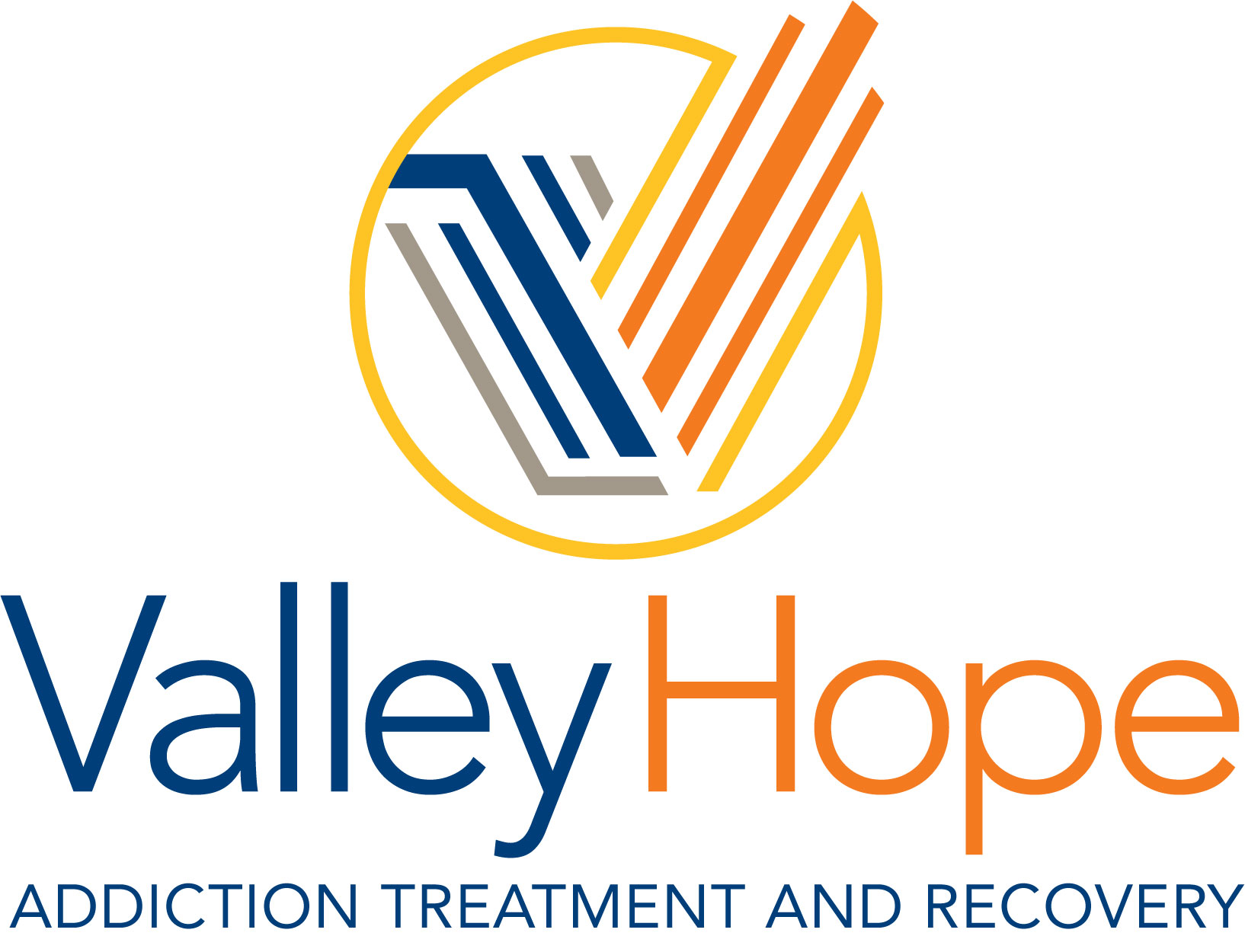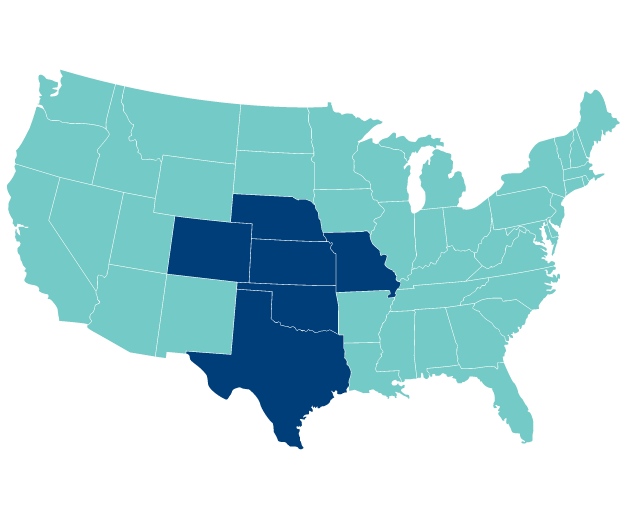Overdose deaths are skyrocketing across the United States, primarily fueled by lethal amounts of the opioid fentanyl.
It is critical that people are aware of the increasing threat fentanyl poses to our communities, informed about how to avoid the dangers of the drug, and learn how to help anyone at risk find help for opioid addiction before it’s too late.
While fentanyl drives an epidemic of overdose deaths, there are five important facts that everyone must know about the dangers of the drug:
1. What is fentanyl?
Fentanyl is a synthetic, powerful opioid. Opioids are a class of drugs that includes morphine, oxycodone, and heroin. However, unlike plant-based opioids like heroin and morphine, fentanyl is synthetic, meaning it is formed chemically.
As the one of the most powerful opioids, fentanyl is typically used to treat patients with chronic severe pain from terminal cancer or as a surgical anesthetic.
Because it is synthetic, fentanyl can be produced quickly and is especially cheap and easy to make compared to plant-based opioids that rely on growing and harvesting to drive production.
2. Why is fentanyl so dangerous?
Fentanyl is a highly effective and efficient pain killer that is 50-100 times stronger than morphine requiring medical monitoring to prevent death and overdose. Consuming only a tiny amount of fentanyl is lethal, especially without a tolerance to opioids. In fact, the line between simply getting high or dying is often a few milligrams, which amounts to a few grains of salt.
In addition, fentanyl takes effect faster than other opiates and wears off sooner, making it highly addictive and a more difficult substance addiction to overcome.
3. Why are fentanyl overdoses increasing?
Illicit fentanyl is being distributed across the country and sold on the illegal drug market. Because it is cheap, potent, and highly addictive, fentanyl is mixed in with other illicit drugs to increase the strength of the drug, and increasingly pressed into pills made to look like authentic prescription opioids. Without proper oversight of production, these fake pills often contain lethal doses of fentanyl.
According to the DEA, it is also likely that more and more illegal drugs smuggled into the U.S. including heroin, methamphetamine, and cocaine, have been intentionally contaminated with fentanyl, increasing the number of overdoses and deaths in communities across the country.
It is impossible for someone to take an illicit pill or other drug and know what level of fentanyl it contains. In other words, individuals are consuming lethal doses of fentanyl, unaware that it could likely kill them.
4. How can a fatal fentanyl overdose be prevented?
Because fentanyl is so unpredictable, it is impossible to eliminate the risk of an overdose once the drug is consumed. However, while fentanyl can be deadly, there are things you can do to help protect yourself and your loved ones.
First, always assume that any pill or drug that is not purchased directly from a pharmacy or provided in a medical setting, likely contains fentanyl. This includes everything from cocaine, heroin, meth and even marijuana to Xanax, Oxycodone, and other pills.
Second, it is critical to carry the nasal spray version of naloxone (generic naloxone, Narcan, Kloxxado) and make sure you know how to use it. Naloxone is a medicine that rapidly reverses an opioid overdose. It requires no assembly and is sprayed into one nostril while the person lays on their back. Importantly, naloxone can temporarily reverse an opioid overdose, but it wears off more quickly and may require additional doses for fentanyl.
Also, medical intervention is required immediately after administering/receiving naloxone, as the effects do not last long.
For more information about naloxone, visit cdc.gov/stopoverdose.
If you think someone is overdosing, the symptoms include:
- Unconsciousness
- Very small pupils
- Slow or shallow breathing
- Vomiting
- An inability to speak
- Faint heartbeat
- Limp arms and legs
- Pale skin
- Purple lips and fingernails
If you are having difficulty determining whether a person is experiencing a fentanyl overdose, treat it like an overdose and take the following steps:
- Call 911 Immediately (46 states and D.C. have enacted Good Samaritan laws, which provide immunity to those who call emergency services when experiencing or witnessing an overdose).
- Administer naloxone, if available. (Find naloxone near you and free training.)
- Try to keep the person awake and breathing.
- Lay the person on their side to prevent choking.
- Stay with the person until emergency assistance arrives.
Finally, the best way to prevent a fentanyl overdose is to avoid illicit drug use or to seek immediate help if you have an addiction to opioids or other drugs.
5. How can I find help for fentanyl addiction?
Although the dangers of fentanyl addiction and overdose are growing at an alarming rate, there are highly effective treatment options available to help anyone struggling.
At Valley Hope, we use evidence-based best practices throughout our full continuum of care to provide patients with effective fentanyl addiction treatment, including medically-monitored detox that safely and comfortably minimizes the symptoms of opioid withdrawal, as well as medication-assisted treatment (MAT) that combats cravings. When used in combination with residential and outpatient addiction treatment, Valley Hope patients can achieve sobriety and find healing in long-term recovery.
If you are addicted to fentanyl or other opioids, don’t wait to seek help. It is critical to find a treatment center that provides medically monitored detoxification to ensure your safety and MAT therapy to help prevent relapse.
The local clinical admissions team at Valley Hope can provide a free level of care screening to determine if you or someone you care about requires clinical treatment for fentanyl addiction.
Valley Hope provides a full continuum of substance abuse care including online addiction treatment through 14 programs across six states including Colorado, Kansas, Missouri, Nebraska, Oklahoma and Texas. Our programs provide compassionate, evidenced-based therapies, medical detox services, residential treatment, outpatient treatment and virtual treatment programs.
For immediate help 24/7, call your Local Admissions Team at (800) 544-5101.







